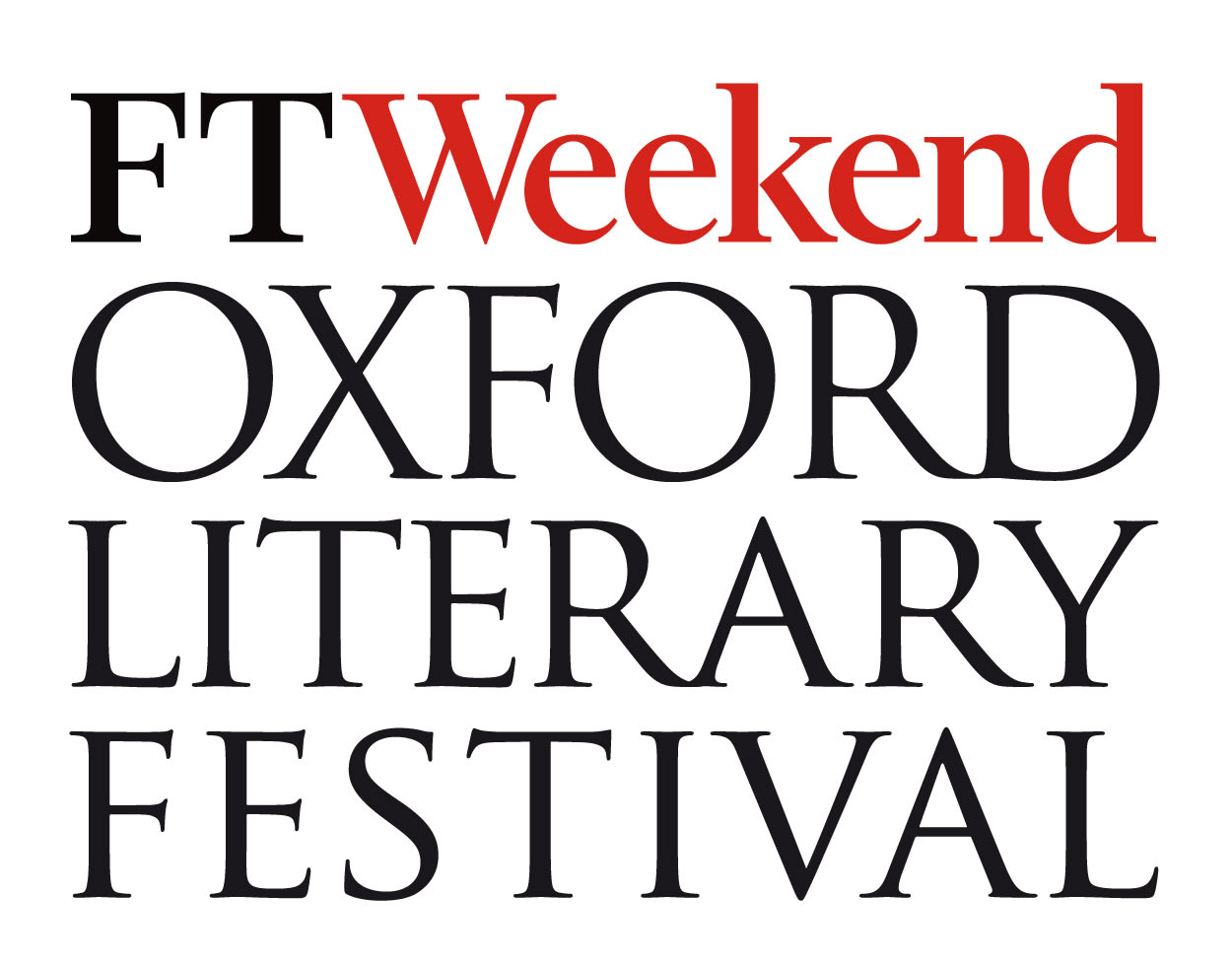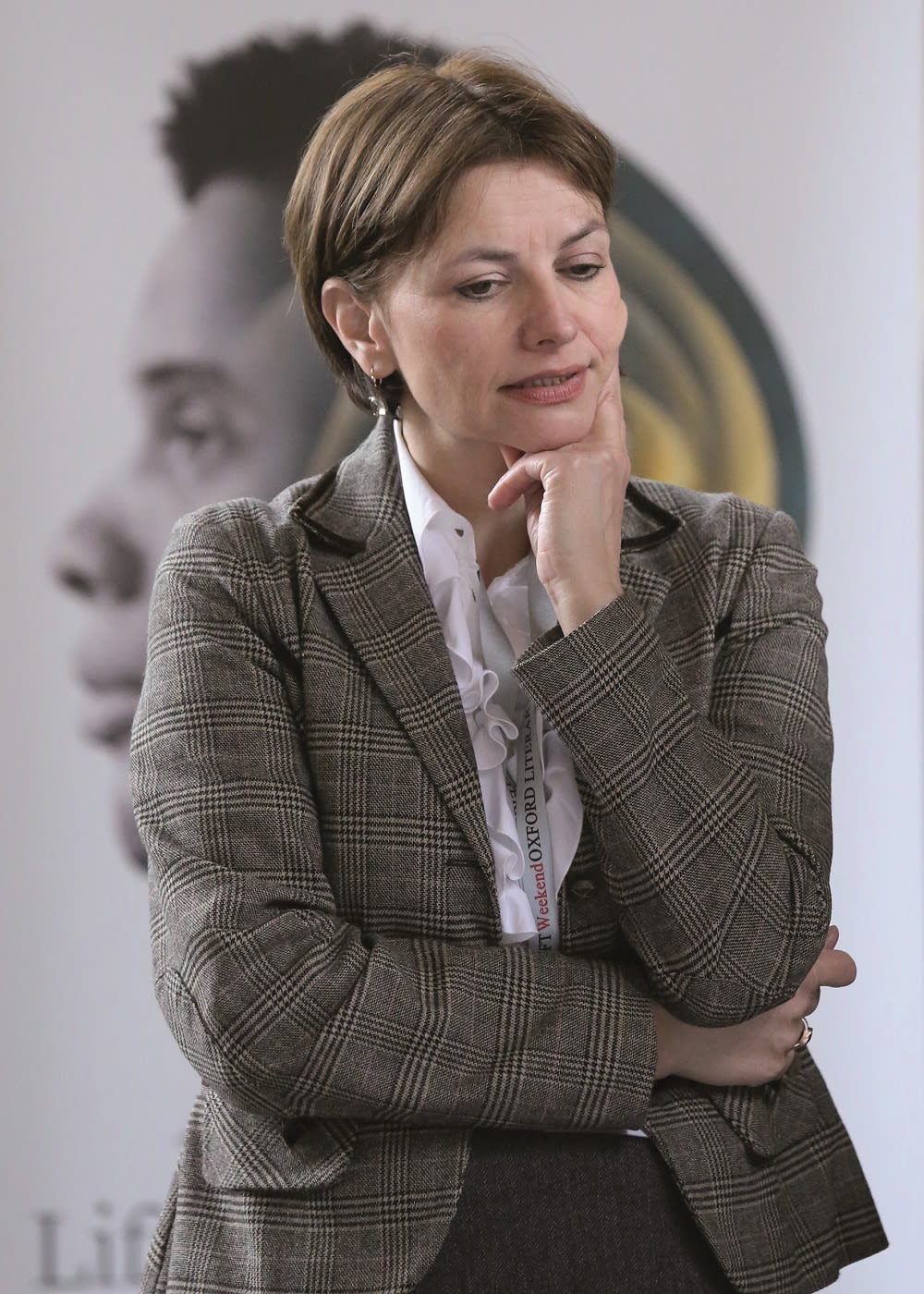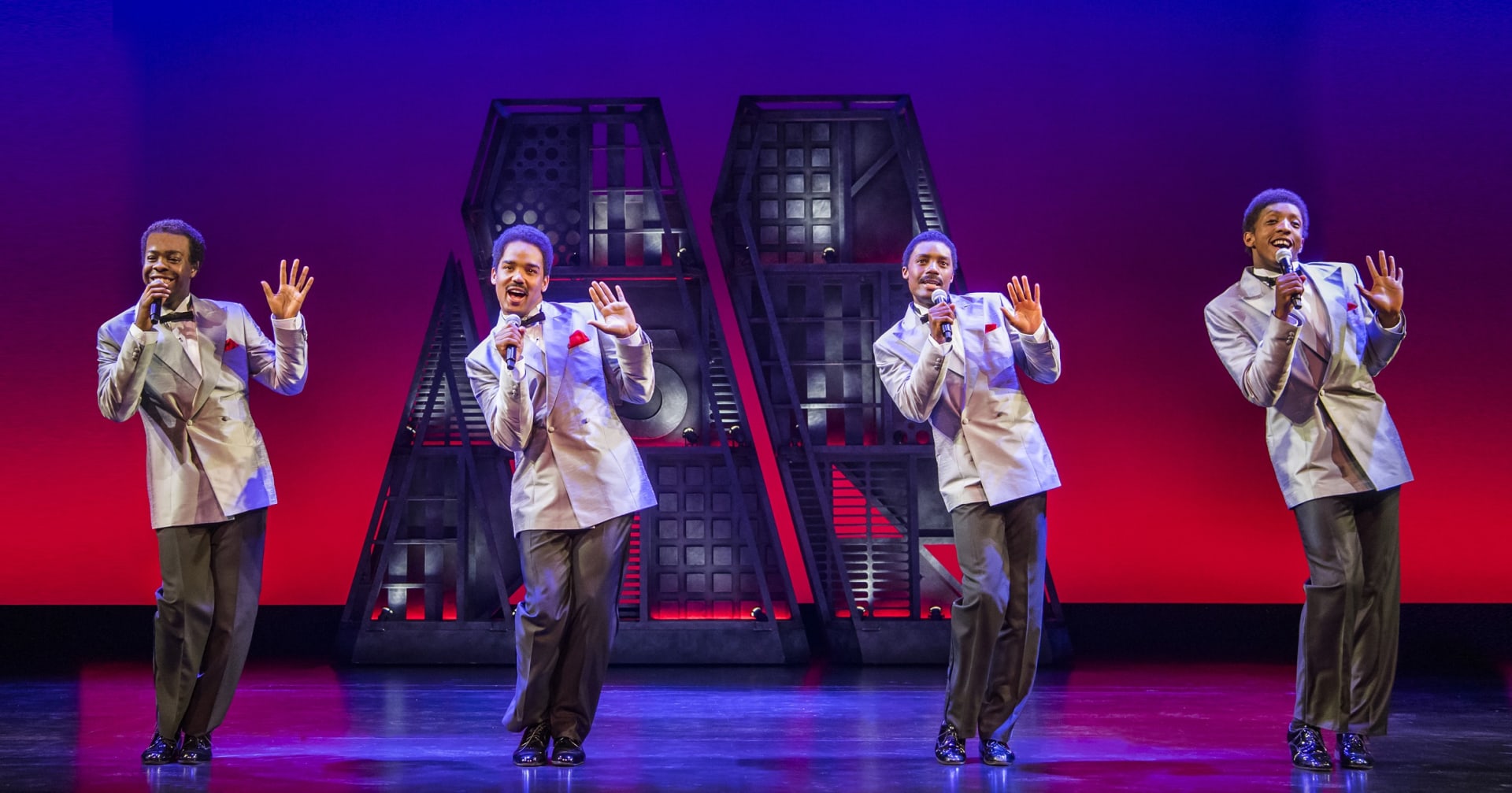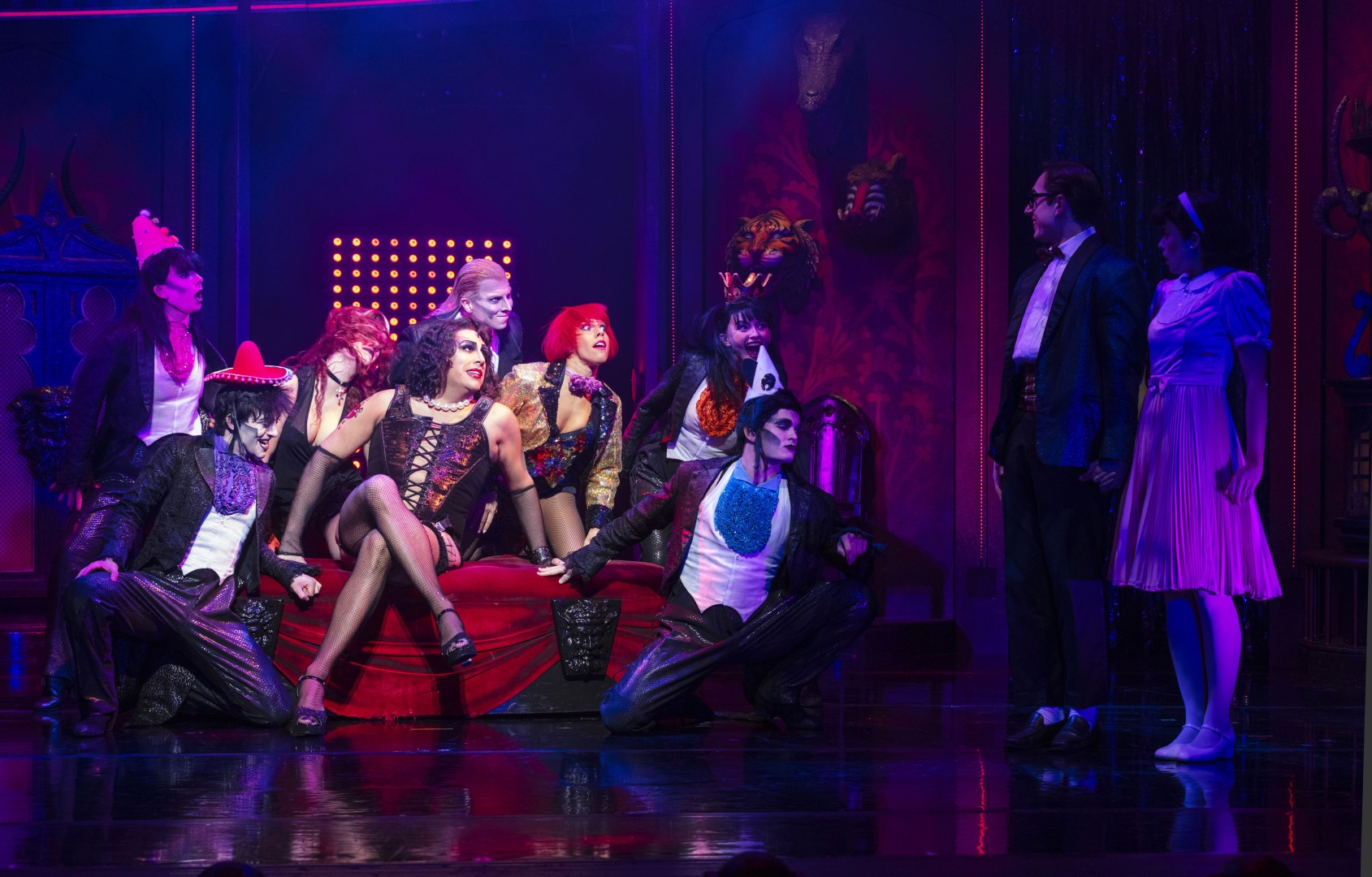Next year will mark the 24th anniversary of the Oxford International Literary Festival (Friday 27 March- Sunday 5 April). Now one of the most eagerly anticipated literary events in the city’s calendar, its extraordinary popularity owes much to the care with which director Sally Dunsmore ensures each year’s new programme reflects the mores and values of our ever-changing world. In this exclusive interview, Sally talks to Jeremy Smith about just how vital it is to keep the festival topical, accessible and provoking.
2020 heralds in the 24th year of the Oxford International Literary Festival. With its success, has it become easier to maintain the festival’s prominence as a showcase for contemporary literature or does that very expectation create its own problems?
In the early days I worried about running out of ideas and maintaining audience expectations year-on-year... But we are so very lucky; there are many tremendous writers – familiar and emerging – who bring their intelligence and imagination to the page. It is reaffirming and reassuring to see so many brilliant young writers speaking – whether it be about literature, science, current affairs, history or technology – at the festival. We live in uncertain times and we need these exceptional young thinkers to save us from ourselves.
The festival is still a few months away but what can you reveal about some of its headline speakers?
Dame Penelope Lively will be launching the festival on Friday 27 March at 6pm in the Sheldonian. During the rest of the week we will be hosting – among many others – Val McDermid, Prue Leith, Sebastian Barry, Jim Al-Khalili, Maggie O’Farrell, Donna Leon, Julia Neuberger, Michael Wood and Alexander McCall Smith, who will receive the festival’s honorary fellowship, and Pat Barker, who will receive the Bodley Medal presented by Bodley’s librarian Richard Ovenden. And for children, historian Lucy Worsley and British space scientist Maggie Aderin-Pocock will be appearing.
It’s common now for literary festivals to incorporate a theme. Last year for instance, you ran the very successful Pasture to Plate series of events. What themes have you woven into the 2020 programme?
Once we commit to a theme, we like to build the series up year-on-year – to grow interest and knowledge about that particular subject. I don’t like what I call tick-box actions; that is spending time and effort during one year to create a series of talks relating to one idea... and then forget it the next. Our themes include culture and literature from America, Italy and Ireland. Last year we launched our Pasture to Plate series which is being expanded in March. This year we are a launching an annual strand celebrating Jewish and Hebrew literature and culture. We are so appalled by the rise of anti-Semitism that we wish to give voice to the rich heritage and culture of the Jewish community in a prominent and elegant manner. Rabbi Lord Sacks will be with us to talk about morality and why we need it and how to find it.
How vital is it to the festival’s success to attract not only the literary juggernauts but also those authors and speakers who are just beginning to make their mark?
We have always been committed to giving a platform to new voices – and those who maybe don’t have a familiar name outside their field. The variety of speakers adds to the richness of the programme, and a sense of discovery too for the audience.
Ultimately, what service do you think literary festivals provide? Is it just about entertainment and education or is there something more fundamental about their purpose?
I have been heartened by the rise of the literary festival up and down the country. In a world where we are told how to think, what not to say, and thoughts get masked by superficiality, it is wonderful to know there is still a yearning to learn and discover. To give some understanding to a complicated world or set of emotions. The literary festivals offer a special mix of both entertainment and learning.
With so many literary festivals having sprung up over the last ten years, how much harder is it now to constantly reinvent a programme that is both fresh and appealing?
The wonderful thing is the world is in constant flux to which writers respond. There is always something new to add to the programme.
You are of course currently in the midst of organising next year’s festival but this time next year you’ll be preparing to launch your 25th anniversary. Do you often reflect on just how far the festival has come and can audiences expect something extra special for the 2021 programme?
Oddly I don’t. But I am always thinking ahead and looking forward to what we can bring to the next festival. One of the things I have noticed, writers seem younger – but of course I have got older! Twenty-five years has certainly whizzed by and we will be doing something to celebrate the 25th anniversary.
Do you have special rituals or customs that you like personally to acknowledge before the start of each festival or is just fingers crossed?
Mercifully I don’t. I think if I had to tap my head three times or some other strange ritual I would be constantly tapping it. I am exceptionally fortunate, we have the most wonderful group of people who work with us to produce the festival. Any anxiety I do have begins to disappear when everyone starts to arrive at the festival – staff, volunteers, writers, sponsors – what I call our festival family. Without them there simply wouldn’t be a festival.
Over the years you’ve met so many famous authors, do you still ever get starstruck? And if so, over whom?
During the festival I have had the marvellous opportunity to meet some of the greatest thinkers and intellectuals of our time for which I shall always be grateful. I do feel nervous sometimes but not really starstruck. Indeed, one of the things that always strikes me is the friendliness and warmth of our speakers.
And finally, how important is the city itself in lending the festival its unique style and unrivalled status?
The city of Oxford and University of Oxford bring so much to the festival – the character and ethos of the festival would be entirely different if it weren’t based in this extraordinary city. For people to hear an exceptional talk at Oxford in this way, is very, very special.










